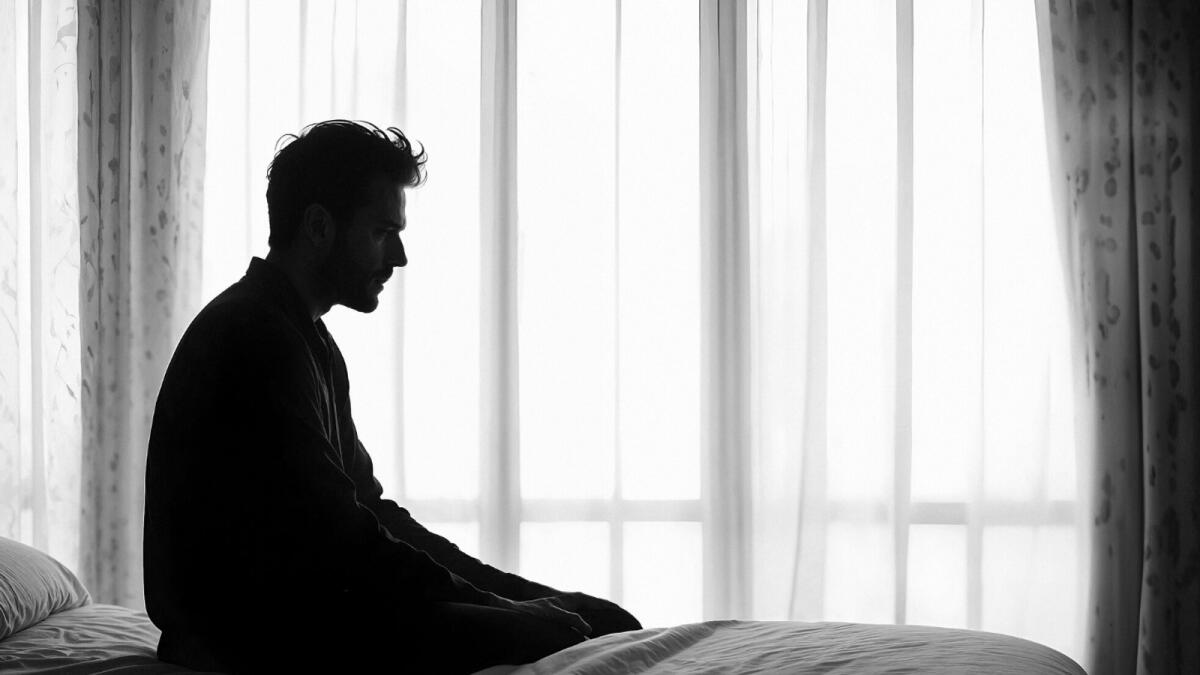Loneliness is a prevalent issue globally, with one in four people suffering from it. This feeling of social isolation can have severe risks to health and longevity. Dr Daniel Knoepflmacher, host of the podcast ‘On The Mind’ at Weill Cornell Medicine, defines loneliness as the distressing feeling experienced when there are fewer social connections than desired. In the UAE, the number of lonely individuals is on the rise, posing a significant concern.
Dr Thoraiyah Kanafani, a Dubai-based clinical psychologist, explains that there are various reasons for loneliness, including isolating from people, lack of meaningful relationships, moving to a new location, loss of a loved one, and overuse of technology and social media. Loneliness can lead to increased stress levels, higher rates of suicide, depression, addiction, anxiety, blood pressure problems, heart disease, obesity, memory issues, and a shorter lifespan.
The UAE is experiencing an increase in loneliness, especially among expats. Working from home and considering the UAE a transitory place contribute to the difficulty in developing deep connections with others. Dr Thoraiya suggests engaging less with the online world and more with the real world by joining groups, clubs, classes, acknowledging feelings of loneliness, and talking to strangers to form new connections.
Loneliness can manifest in various aspects of life, affecting emotions, behaviors, and physical well-being. Holistic psychotherapist Bushra Khan highlights that loneliness can be transient or persistent, triggered by specific events or ingrained in daily life. Recognizing loneliness involves tuning into emotions, social patterns, and physical and mental health changes.
Dr Alexandre Machado, a clinical neuropsychologist at Medcare UAE, distinguishes between being alone, a positive choice, and feeling lonely, which is harmful and can lead to clinical conditions like depression and anxiety. Superficial virtual interactions on social media platforms can replace deeper face-to-face relationships, leading to feelings of isolation. To combat loneliness, emotional and social support, fostering meaningful connections, taking care of mental health through self-compassion and gratitude, and engaging in social activities can help alleviate feelings of isolation.
Loneliness affects various physical and mental health outcomes, leading to social withdrawal and unhealthy behaviors. Dr Pik Ki Ho, an assistant professor of psychology, highlights that loneliness results from a discrepancy between desired and perceived interpersonal relationships. Loneliness can manifest in negative thought patterns, sadness, anxiety, worthlessness, and low self-esteem. Female students in the UAE tend to score higher on the loneliness scale, unmarried older adults report higher levels of loneliness, and transitional life changes are linked to increased feelings of loneliness. Expatriates and foreign students in the UAE may struggle with loneliness due to transient connections and the vibrant urban lifestyle, emphasizing the importance of addressing this issue.










